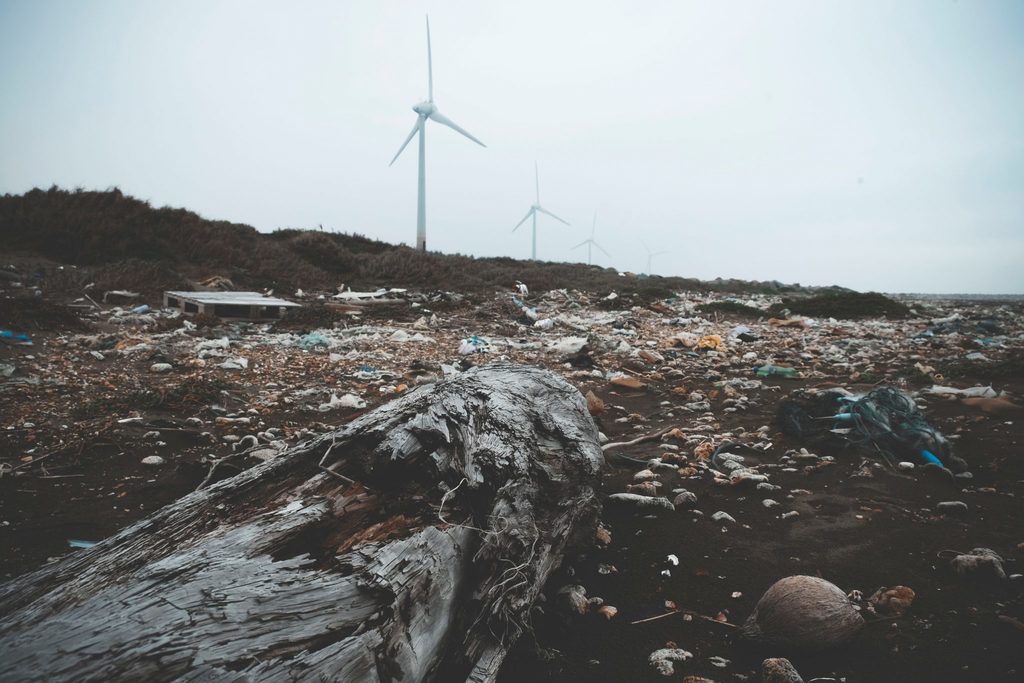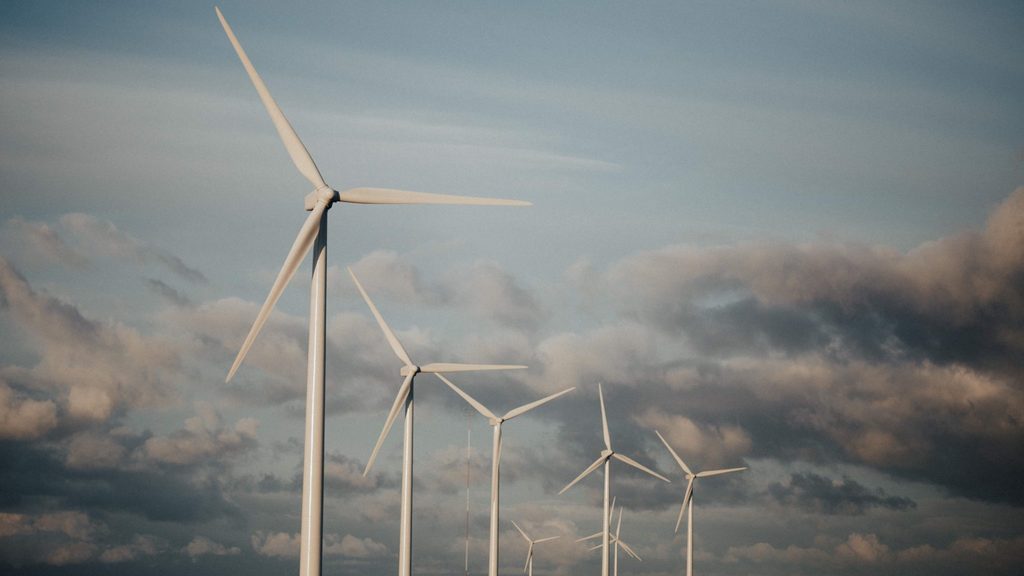Sustainable marketing ideas for small businesses
We live in an era where your business has to stand for something more than just profit. We are looking for businesses with whole hearts.
Small businesses carry a particular weight to demonstrate this as they are fighting for every like, comment, share and penny that is available.
In this blog, I will set out some ideas that I believe can be applied to all small businesses and — importantly — can be turned into marketing communication to make your business stand out for the right reasons.
Start with what’s important
Big corporations often use the principle of materiality to figure out what is important to their stakeholders and then align those issues with what they can actually affect. This means corporations are both working on things that are possible and things that matter to everyone involved in their business.
While this can be a huge operation — including surveys, market research and a lot of data — we can take the principle and apply it to a business of any size.
I suggest starting with you and then ask your staff. Write down everything you can on the topic of ‘sustainability‘, no matter what it is. Then turn to your staff and ask them what comes to mind when they think of sustainability.
Where I am based, by the coast, we have a huge awareness of plastic pollution. Where you are it could be a social issue more than an environmental issue. Then simply make notes of where you are all passionate about the same thing. One thing that will ease you through the changes in your business that this might create is passion. If you are all excited to think outside the box and focus on something bigger than yourselves then expect to see happier staff.
Plastic pickups

On the Cornish coast of the UK where I live there is a very popular movement — the #2minutebeachclean. If your business is located near the coast then this is a great place to start. Simply organise a morning each week where you and the team can get to a beach, with each person spending just 2 minutes picking up litter, pieces of microplastics and anything else that doesn’t belong.
Not only are you doing a huge service to your local coastline, your team will bond over the sun or the cold (depending on your season). Go and grab a coffee afterwards and you’ll see a big difference in the energy of your business. This will cost you one hour a week. In the grand scheme, ask yourself if you can afford to NOT do this.
Forget food waste

Food waste is a huge deal and I know lots of amazing small restaurants and food businesses that just throw their waste food into a bin. I believe that the key to small business sustainability lies in collaboration. There are many ways to deal with food waste and they vary in terms of their commitment. Finding the right solution for you is important but consider starting a compost bin and working with a local homeless shelter to provide food items that can no longer be sold to the public.
There are organisations dedicated to this service such as WRAP or Veolia. If you have chefs and food preparation staff in your organisation, why not challenge them to use every part of what they are working with? Whether that’s creating more menu items or simply composting waste veg in a community garden.
Listen before you talk

Depression is something that affects 1 in 10 people in the UK and that adds up to 3 million people diagnosed. That’s more than the entire country of Wales.
9.8 million days of work a year are lost to depression. Yet still, we glamourise ‘the hustle’ and working harder than ever. If you are not doing something productive then you are somehow less important. This is leading to dangerous rhetoric in society and it is being compounded by the negative use of social media. It is likely that if you have staff working for you, depression is part of one or more of your team’s daily life.
Work takes up so much of our lives that if we don’t get told that it is ok to talk and share your problems then it becomes a huge bottleneck of negative behaviour. There are lots of ways now to access someone to talk to but we believe that the best way for you to demonstrate that it is OK is to appoint an outside, independent person to act as a coach or guide. Someone who can listen to your team (and you) to build your community around your business.
Get certified
B-Corporations are businesses that meet the highest standards of verified social and environmental performance, public transparency, and legal accountability to balance profit and purpose. B-Corps are accelerating a global culture shift to redefine success in business and build a more inclusive and sustainable economy. This is NOT easy.
There are lots of very difficult decisions that you have to make before taking on the beast that is the B-Corp certification. It could also be the one thing that aligns your entire business with the culture that you so desperately want. They have a roadmap for you to follow and you simply need to gain enough points to qualify. This then allows you to legalise your company and bind it to the ethical principles set out.
Neutralise your carbon
There are several versions of carbon neutrality and you can find one that fits your business. If you are not sure where to start then I’d recommend that you start with a personal carbon offset. You can use services such as ClimateCare or our personal go to, CarbonFootprint.com. Understanding your own carbon usage can help you understand how your business can make positive changes too.

Choose renewable energy
A simple way to get your business on the right side of climate change is to choose a renewable energy source. If you are working from home or if you can choose your energy supplier then we highly recommend Ecotricity. We are current users of their service and it’s easy to switch and get started. Plus, it’s so much cheaper than fossil fuels so you are saving your expenses too!

Tell your story
Now that you have picked your sustainable story it’s time to tell the world. For this, I ask that you commit to a little experiment. Over the next seven days, I would like your business to make a small donation to charity. Something that makes sense to you. I want you to post about it on your social media channels and I want you to email your list. This is what you are going to say (but in your own tone of voice):
Hi everyone. Do you care about (cause your charity supports)? We do and so we’ve made a small donation of £XX to (Charity) and we’d love to encourage you to donate as well.
We love these guys because (start with their mission and why they do what they do and then move to the how/what they do).
Please let us know if you donate and we will say our own thank you (this could be just commenting back saying thanks, or you could offer something for free. If I owned a coffee shop I would definitely offer a free coffee with every donation, for example).
My theory is that this post will do better than most normal posts and that you’ll see a much higher engagement rate. More engagement is more brand recognition and in the modern world getting people to simply remember the name of your business is an incredible achievement— and it will likely increase the chances of a visit or a purchase.
This is sustainable marketing in a nutshell. It’s taking a concept bigger than yourself or your business and aligning the values of both. Working to create something amazing and using PR and social media to not just make yourselves look good, but actually contribute to something amazing.

